Feature
-
 Particle Physics
Particle PhysicsHow matter’s hidden complexity unleashed the power of nuclear physics
In the last century, physicists learned to split atomic nuclei and revealed a complex world of fundamental particles.
-
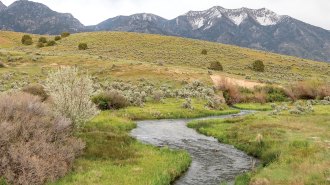 Ecosystems
EcosystemsSimple hand-built structures can help streams survive wildfires and drought
Building simple structures with sticks and stones — and inviting in dam-building beavers — can keep water where it’s needed to fight drought and wildfires.
-
 Health & Medicine
Health & MedicineNew drugs that block a brain chemical are game changers for some migraine sufferers
Drugs that block a brain chemical called CGRP are helping some patients who suffer from migraine pain.
-
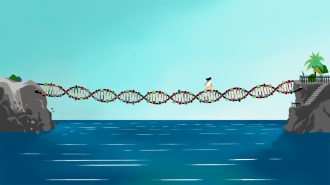 Genetics
GeneticsDNA databases are too white, so genetics doesn’t help everyone. How do we fix that?
A lack of diversity in genetic databases is making precision medicine ineffective for many people. One historian proposes a solution: construct reference genomes for individual populations.
-
 Neuroscience
NeuroscienceThree visions of the future, inspired by neuroscience’s past and present
Three fantastical tales of where neuroscience might take us are based on the progress made by brain researchers in the last 100 years.
-
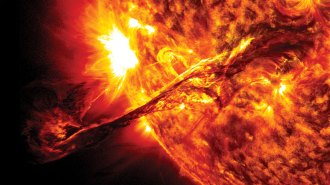 Space
SpaceSolar storms can wreak havoc. We need better space weather forecasts
Solar storms can devastate power grids and other systems on Earth. We need better forecasting
By Ramin Skibba -
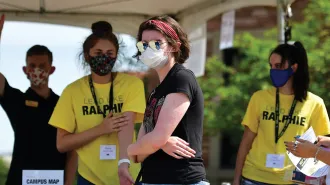 Health & Medicine
Health & MedicineHow 5 universities tried to handle COVID-19 on campus
U.S. colleges opened in the fall with a patchwork of control measures to keep COVID-19 at bay.
-
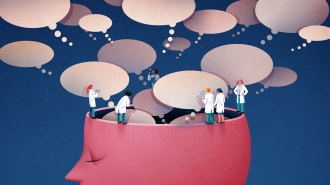 Science & Society
Science & SocietyCan privacy coexist with technology that reads and changes brain activity?
An onslaught of new technology aims to listen to — and maybe even change — your brain activity. Readers, scientists and ethicists grapple with the ethical implications of new ways to get inside the skull.
-
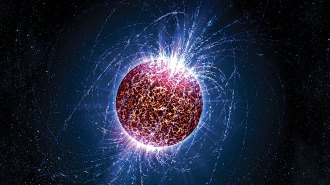 Cosmology
CosmologyEinstein’s theory of general relativity unveiled a dynamic and bizarre cosmos
Albert Einstein’s theory of general relativity foretold space-bending beasts, cosmic shock waves and mysterious forces.
-
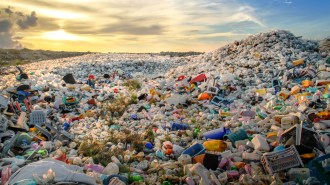 Chemistry
ChemistryChemists are reimagining recycling to keep plastics out of landfills
Recycling plastics is really hard, and usually creates low-quality materials that aren’t good for much. Chemists are trying to change that.
-
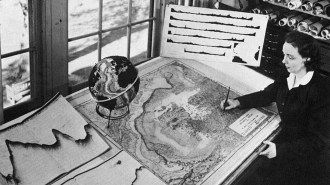 Science & Society
Science & SocietyMarie Tharp’s groundbreaking maps brought the seafloor to the world
In part because of her gender, Tharp was the right person in the right place at the right time to make the first detailed maps of the ocean’s bottom.
By Betsy Mason -
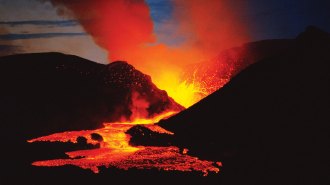 Earth
EarthHow the Earth-shaking theory of plate tectonics was born
Plate tectonics explains many of Earth’s geologic wonders and natural hazards — and may hold clues to the evolution of life.